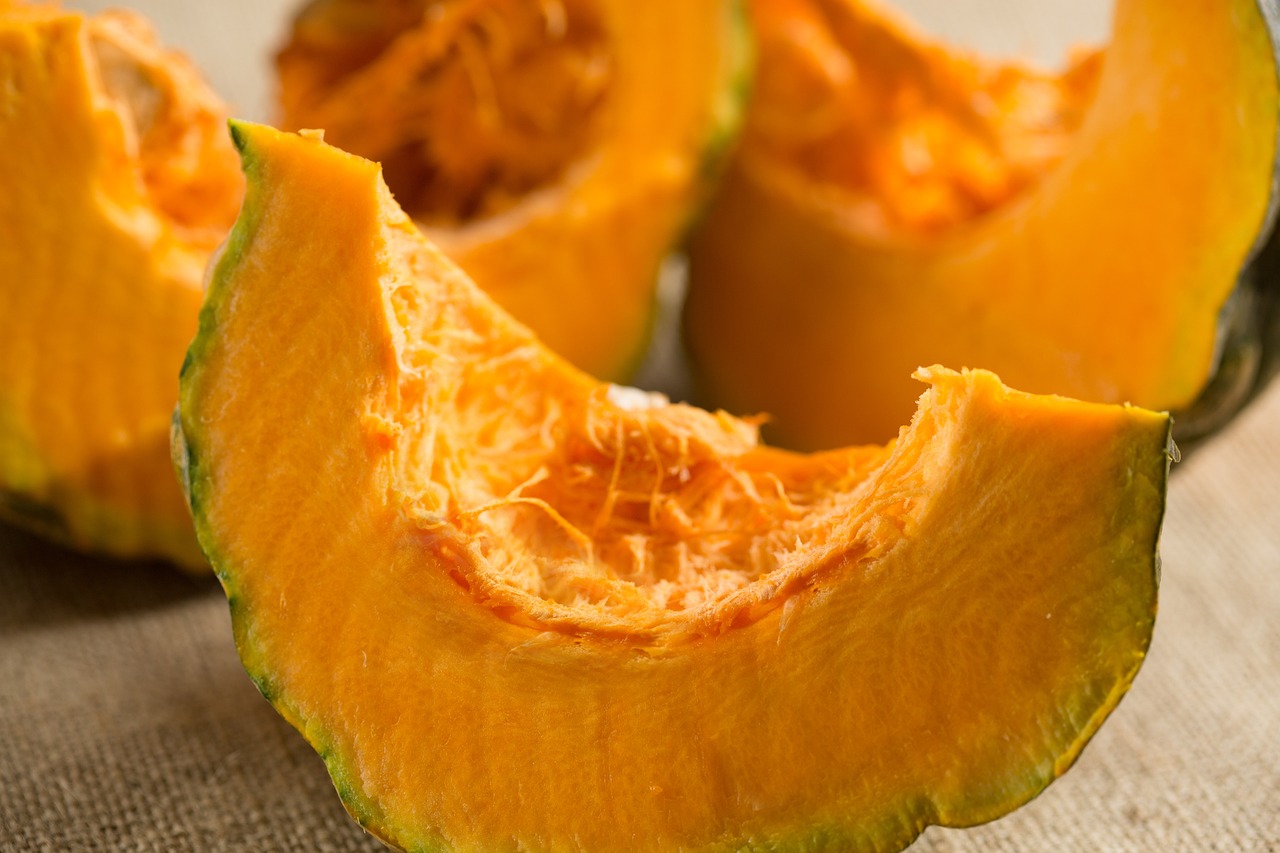“`html
In recent years, the gluten-free diet has surged in popularity, evolving from a medical necessity for those with celiac disease to a widely adopted lifestyle choice. Whether motivated by health concerns, dietary preferences, or the search for a healthier lifestyle, many individuals are now steering clear of gluten – a protein found in wheat, barley, and rye. But what does a gluten-free diet entail? In this comprehensive guide, we will explore its principles, benefits, challenges, and practical tips for adopting this dietary approach.
What is a Gluten-Free Diet?
A gluten-free diet is one that excludes gluten-containing foods, which are primarily derived from grains such as wheat, barley, and rye. This diet is essential for individuals with celiac disease, a serious autoimmune disorder that results in damage to the small intestine when gluten is consumed.
Who Needs a Gluten-Free Diet?
While a gluten-free diet is vital for people with specific medical conditions, others may choose to eliminate gluten for various reasons:
- Celiac Disease: A genetically inherited condition that affects about 1% of the U.S. population.
- Non-Celiac Gluten Sensitivity: Individuals may experience gastrointestinal issues or other symptoms without having celiac disease.
- Wheat Allergy: An allergic reaction to proteins found in wheat, which necessitates the avoidance of gluten.
- Health and Wellness Trends: Some adopt gluten-free diets believing it will lead to better health or help with weight loss.
Benefits of a Gluten-Free Diet
While not everyone needs to follow a gluten-free diet, various studies suggest that it can offer numerous benefits, especially for those with gluten sensitivities or celiac disease.
Health Benefits
Here are some potential health benefits:
- Improved Digestive Health: Many report reduced bloating, gas, and gastrointestinal discomfort.
- Enhanced Nutritional Profiles: A gluten-free diet often includes a variety of fresh fruits, vegetables, and lean proteins, promoting overall nutrition.
- Increased Energy Levels: Eliminating gluten may lead to less brain fog and fatigue experienced by some individuals.
Emotional and Psychological Benefits
A gluten-free lifestyle can also have positive psychological effects:
- Reduction in Anxiety: By managing gastrointestinal symptoms, some people experience a decrease in anxiety levels.
- Better Mood Swings: A stable digestion can contribute to mood improvements.
Challenges of a Gluten-Free Diet
Transitioning to a gluten-free diet can come with its own set of challenges. Here are some common pitfalls:
Food Sensitivity or Imbalance
Sometimes, people mistakenly believe that all gluten-free products are healthy. Key challenges include:
- Processed Foods: Many gluten-free alternatives are highly processed and can contain excess sugar and unhealthy fats.
- Nutritional Deficiencies: Avoiding whole grains can result in a lack of fiber and other nutrients unless properly managed.
Social and Emotional Challenges
Food is often tied to social activities and cultural practices. Consider these issues:
- Dining Out: Finding gluten-free options at restaurants can be tricky.
- Social Events: Attending gatherings may be challenging when gluten-containing foods are prevalent.
Practical Tips for Going Gluten-Free
Making the switch to a gluten-free diet requires careful planning and execution. Here are some practical tips:
Understanding Labeling
- Always read food labels carefully. Look for “gluten-free” certifications.
- Avoid products with wheat, barley, rye, or their derivatives.
- Be cautious about cross-contamination in shared facilities.
Finding Alternatives
Embrace gluten-free grains and alternatives:
- Quinoa: A nutrient-rich, high-protein alternative.
- Brown Rice: A whole grain that’s also gluten-free.
- Almond Flour: A great substitute for traditional flours in baking.
Meal Preparation
Planning and preparing meals can help ensure your diet is balanced:
- Incorporate a variety of fruits, vegetables, lean proteins, and gluten-free grains.
- Try new gluten-free recipes that inspire creativity in the kitchen.
- Cook larger batches to have leftovers for busy days.
Conclusion
Adopting a gluten-free diet can provide significant benefits for individuals with gluten sensitivities or celiac disease, as well as for those seeking a healthier lifestyle. While there are challenges to maintaining this diet, understanding the principles of gluten-free eating, recognizing the benefits, and employing practical strategies can lead to a successful transition. Be sure to consult with a healthcare professional or nutritionist before making major dietary changes, particularly if you suffer from food allergies or intolerances.
“`






